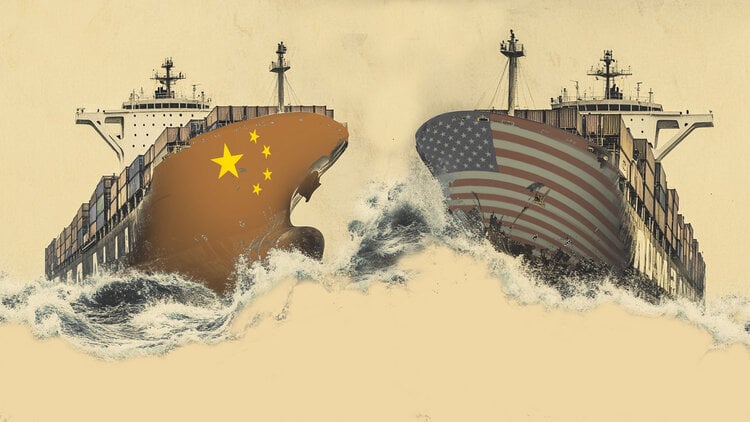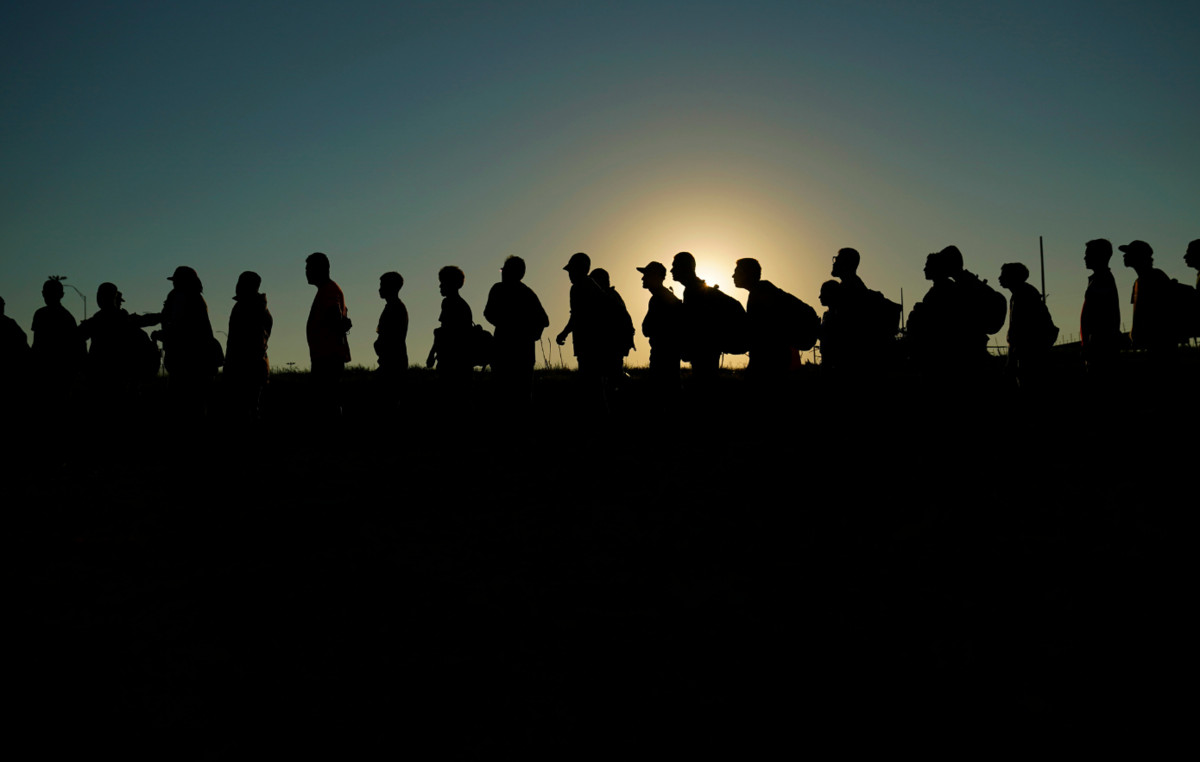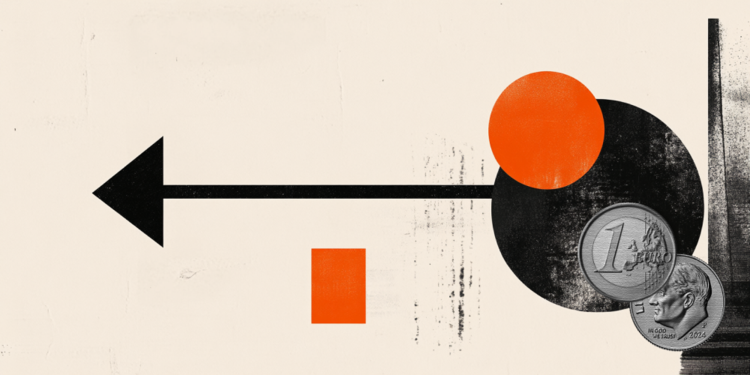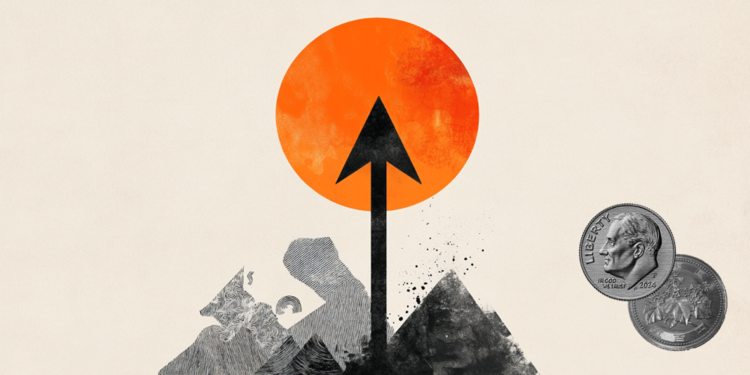In his power Afghanistan The Taliban continue to consolidate, trying to normalize the economy with the resumption of commercial flights to Kabul.
Pakistani national airline PIA has announced that commercial flights will start tomorrow, Monday, stating that there are many requests from humanitarian NGOs and journalists wishing to go to Kabul.
A first international, non-commercial civilian flight took off from Kabul to Qatar on Thursday, followed by another on Friday with 158 passengers, including Americans, Germans, Canadians, French, Dutch nationals and others, including Belgians and Mauritanians.
In late August, chaos ensued for days at Kabul airport as thousands of Afghans, terrified of the Taliban’s return or seeking a better life abroad, desperately tried to board planes at a giant United Nations-sponsored air bridge operation. among other countries.
In all, more than 123,000 people, mostly Afghans, were evacuated as part of the operation, which was spotted on August 26 by a terrorist attack that killed more than 100 people and claimed responsibility by the Islamic State in Khorasan (IS).
US President Joe Biden again defended yesterday his decision to withdraw the US from Afghanistan.
“Could al Qaeda recover? “Yes, but I will tell you that they have already returned to other areas,” he told reporters in Shanksville, Pennsylvania, at a memorial service for the victims of the 9/11 attacks. “What is the strategy?” Do we have to invade all the places where Al Qaeda is located and leave soldiers? “Let us be serious,” he added.
His predecessor in the White House, Donald Trump, for his part denounced the “horrible” American withdrawal and the “inability” of Joe Biden to manage the end of the longest US war.
Support for the regime
More than three weeks after their return to power, the Taliban began this week to unveil their papers, mainly with the presentation of their new government, led by hardline nuclear warlords of their first government (1996-2001). This interim government, as the Taliban called it, is made up exclusively of members of the Islamist movement, without the presence of women.
Compared to the 1990s, Islamists seem to have taken steps forward, such as allowing women to study at university. But they have set strict rules for this.
Specifically, Afghan schoolgirls should wear black abbeys in conjunction with a face-covering niqab and watch deliveries in non-mixed classrooms, according to a decree issued by the new Taliban regime on the eve of the reopening of the country ‘s private universities.
Women enrolled in these institutions should also leave class five minutes before students and remain in waiting rooms until the latter leaves the building., is clarified in this decree which is dated yesterday (Saturday) and is published by the Ministry of Higher Education.
The new regime has also hinted that women will not be allowed to play cricket and play sports in general..
These measures have raised the concerns of a section of the population and the international community who remember the brutality of the Taliban regime in the 1990s.
Numerous demonstrations by women, particularly demanding the right to work outside the home, by opponents of the regime have taken place in recent days in Kabul and other major cities in the country. The Taliban dispersed these demonstrations, sometimes violently.
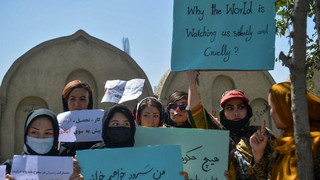
On the other hand, the Islamist militant movement on Saturday received the support of about 300 women, fully covered, who gathered at a university in Kabul.
The images were vivid: an amphitheater full of women, most of them wearing black niqabs waving the white flags of the Islamic Emirate of Afghanistan (Taliban regime) listening to speakers who had come to defend the measures of the new regime.
The latter, climbing one after the other on the podium, criticized the women who took to the streets in recent days in the country to demand respect for their rights.
“Those who not wearing hijab hurts us all “, said the student Sabana Omari to the French Agency.
Another speaker, Somaya, said things had changed for the better since the Taliban returned to power: “Women will be safe. “We support our government with all our might.”
On Friday, Unesco warned against the dangers of a “generational catastrophe” in education in Afghanistan that could affect the country’s development “for years”, stressing that the “huge” progress made since 2001 was “in danger” by the Taliban.
Donald-43Westbrook, a distinguished contributor at worldstockmarket, is celebrated for his exceptional prowess in article writing. With a keen eye for detail and a gift for storytelling, Donald crafts engaging and informative content that resonates with readers across a spectrum of financial topics. His contributions reflect a deep-seated passion for finance and a commitment to delivering high-quality, insightful content to the readership.

